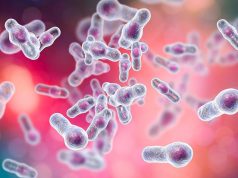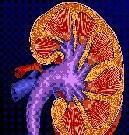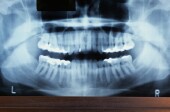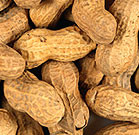Cold Weather Tied to Increased Risk of Stroke, STEMI
But more study needed to determine what strategies might cut those risks
August 2015 Briefing – Nursing
Here are what the editors at HealthDay consider to be the most important developments in Nursing for August 2015. This roundup includes the latest...
Resting Heart Rate, HR Variability May Help ID Functional Disability
Researchers eye earlier detection of decline
Breastfeeding Tied to Reduced Risk of MS Relapse Postpartum
Protective effect seems to last only about as long as exclusive nursing does
CDC: Smoking Rate Falls to 15.2 Percent in the United States
Higher tobacco taxes, tough messages contributing to decline
Multidisciplinary Rehab Tops CBT for Chronic Fatigue Syndrome
Significantly more effective for reducing fatigue at 52 weeks versus cognitive behavioral therapy
Nonalbuminuric CKD Ups Cardiovascular Morbidity in T1DM
Also linked to increase in all-cause mortality, but not albuminuria or end-stage renal disease
Lack of Sufficient Iodine Nutrition Common During Pregnancy
More targeted intervention strategies needed to optimize iodine nutrition during pregnancy
Osteonecrosis of Jaw Risk Highest for IV Bisphosphonate Use
High risk for zoledronate, denosumab mainly in prevention of skeletal-related events
Consensus for Early Peanut Exposure in High-Risk Infants
Interim guidance issued in response to study finding exposure lowered chances of allergy by 80 percent



















